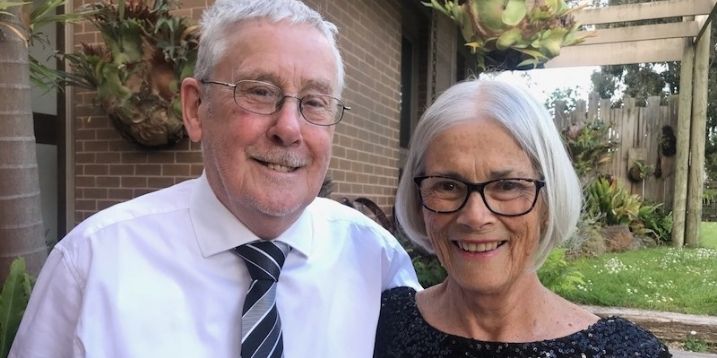Helping people with cancer and their families live as well as possible is a healthcare priority.
People with cancer often face complex and difficult decisions related to their treatment.
Advance care planning encourages people with cancer to plan for future health care and make their values and preferences for medical treatment known, and to appoint a substitute decision-maker.
Up to half of patients with advanced cancer will experience delirium when admitted to hospital and 90% will experience delirium in the days before death, leaving them unable to make treatment decisions.
The identification of a person’s values, preferences and substitute decision-maker for a time when there is a loss of capacity is relevant to all cancer patients and not just those requiring end-of-life care.
Starting the conversation
Receiving a cancer diagnosis is a significant event for many people and can create an opening to consider and discuss their advance care planning preferences. Initiating or revisiting advance care planning discussions at this time may help to improve uptake of advance care planning in these patients.
Advance care planning conversations with cancer patients should highlight the importance of early planning.
Although advance care planning conversations are valuable in their own right, the aim should be for patients to complete an advance care directive to document their preferences. This will provide guidance and support for substitute decision-makers and health practitioners and will ensure the person's preferences are respected.
The role of health professionals
All people with cancer should be given the opportunity to discuss their values and health care preferences.
Ideally, this should occur across multiple interactions with health professionals, include a broad range of topics, and involve both people with cancer and their support people.
Doctors play a key role in discussions about illness, treatment and prognosis, and can help patients to align their values and preferences with treatment plans. Health professionals can also help patients to communicate and document these preferences.
Dale and Ken's story
Ken lost his wife Dale to cancer. It was a heartbreaking journey, but made more bearable by the fact that Dale developed an advance care directive three years before she died.
During every step of Dale’s journey, Ken was by her side. We asked him to share six things he learned about advance care planning through his experience with his wife Dale.
